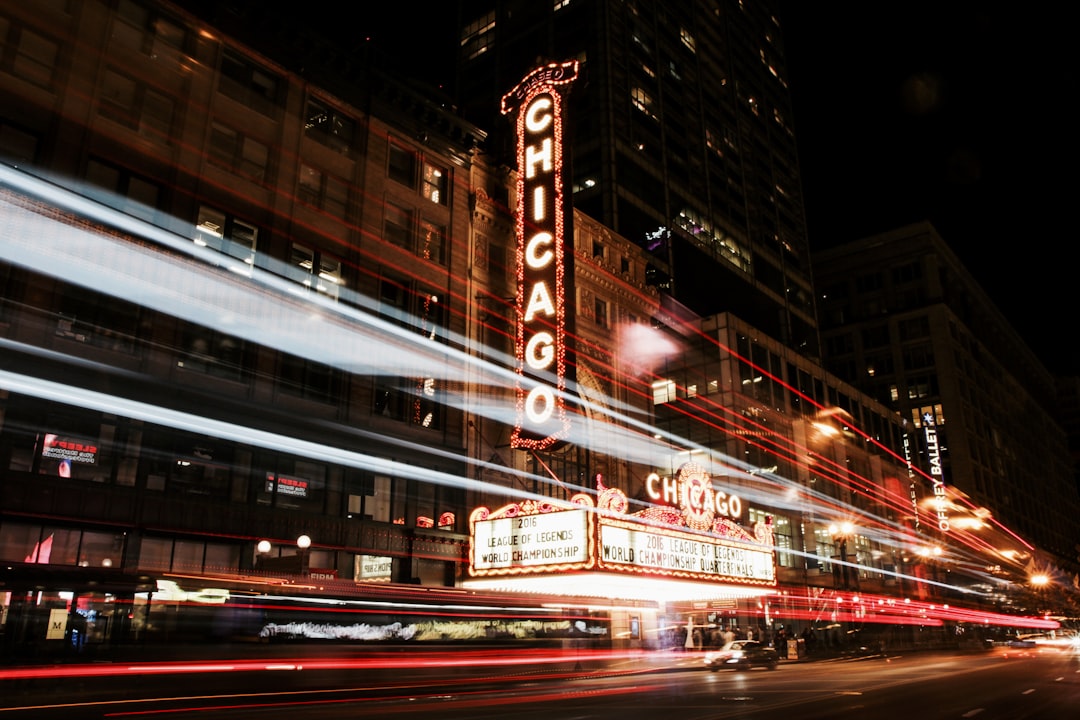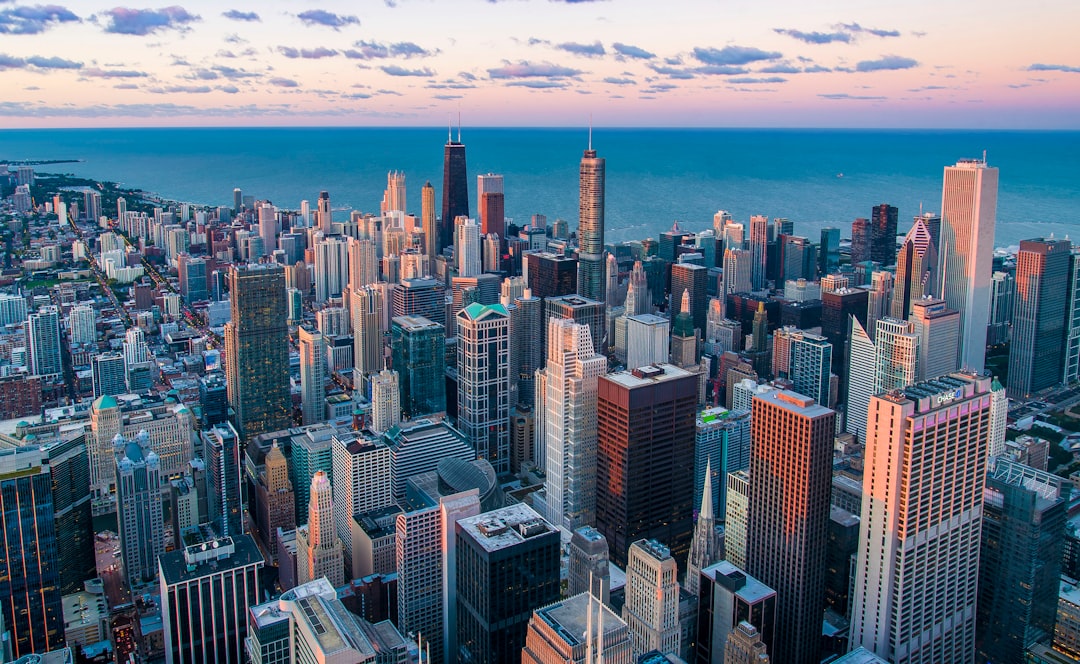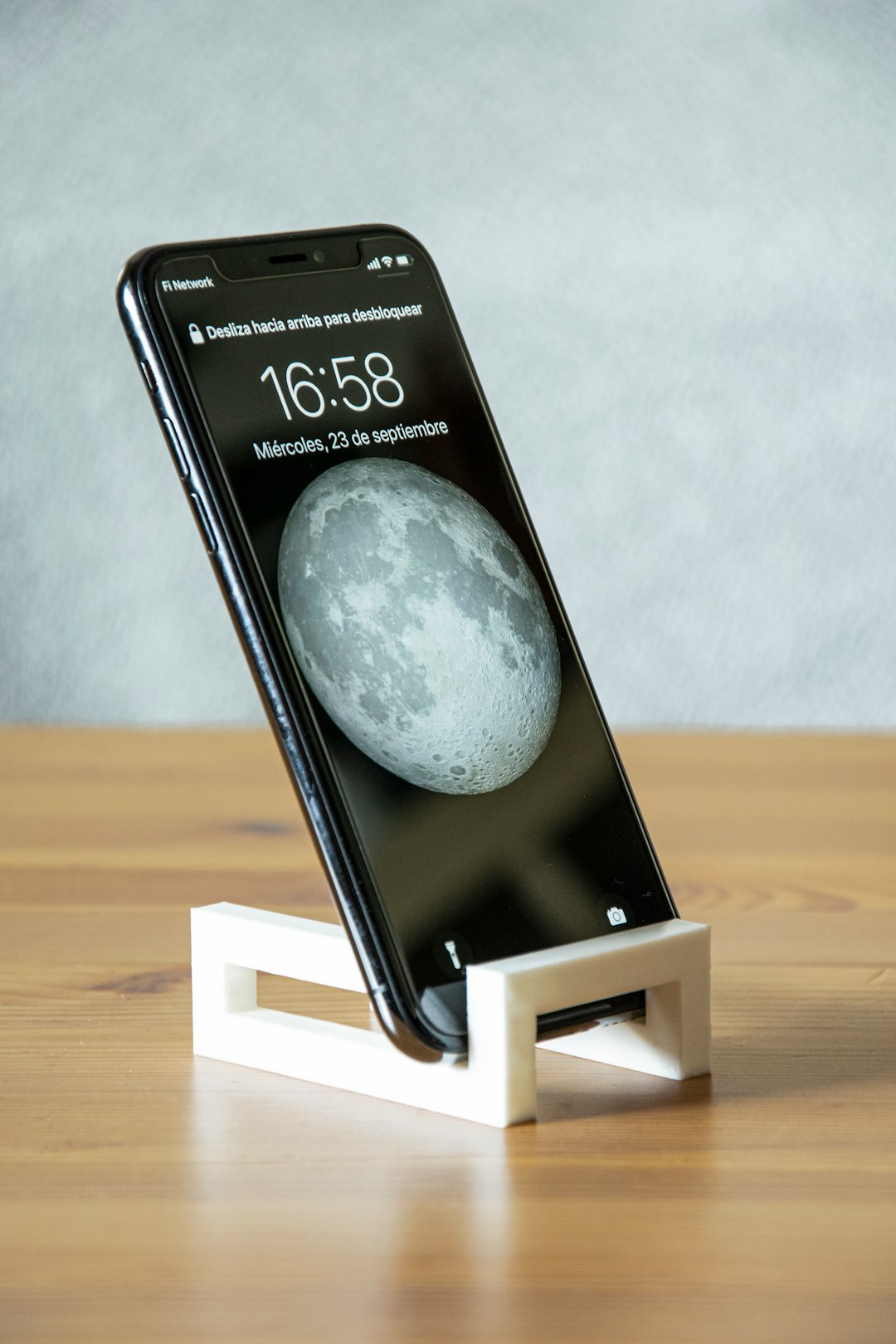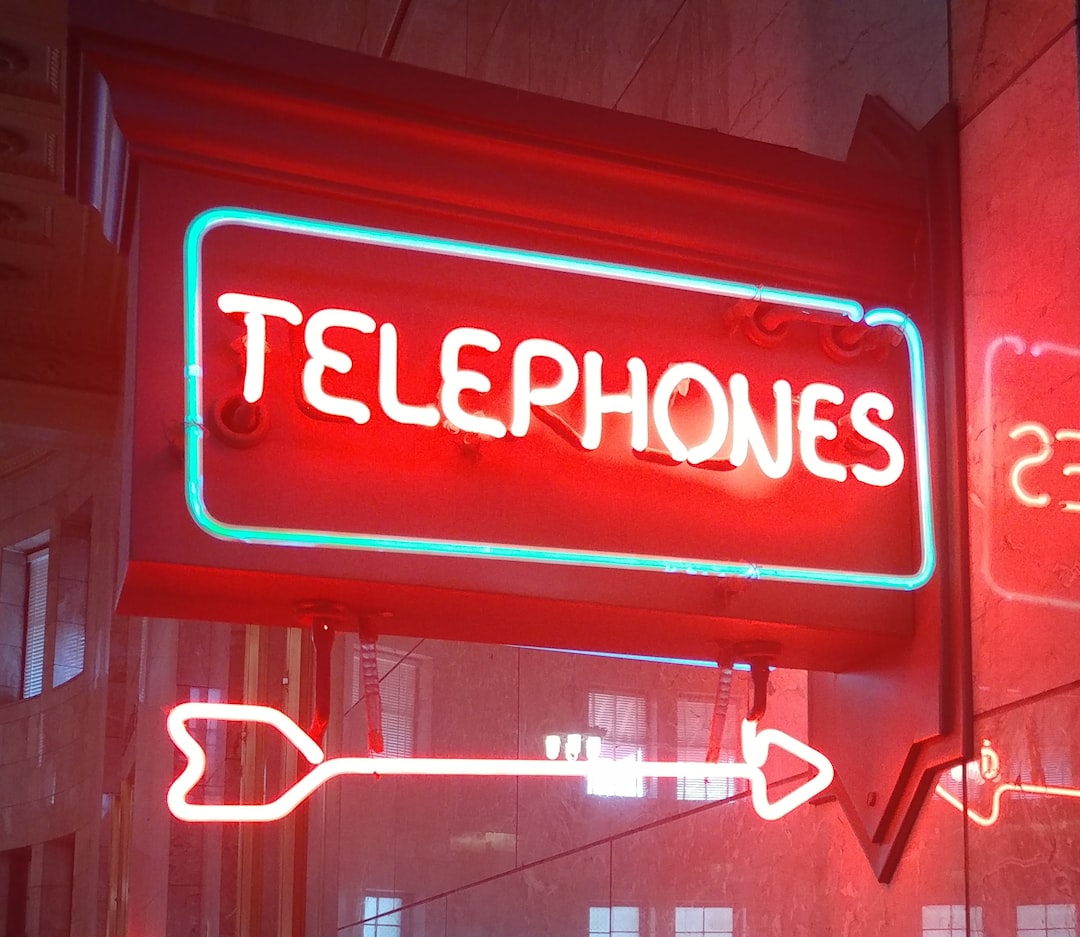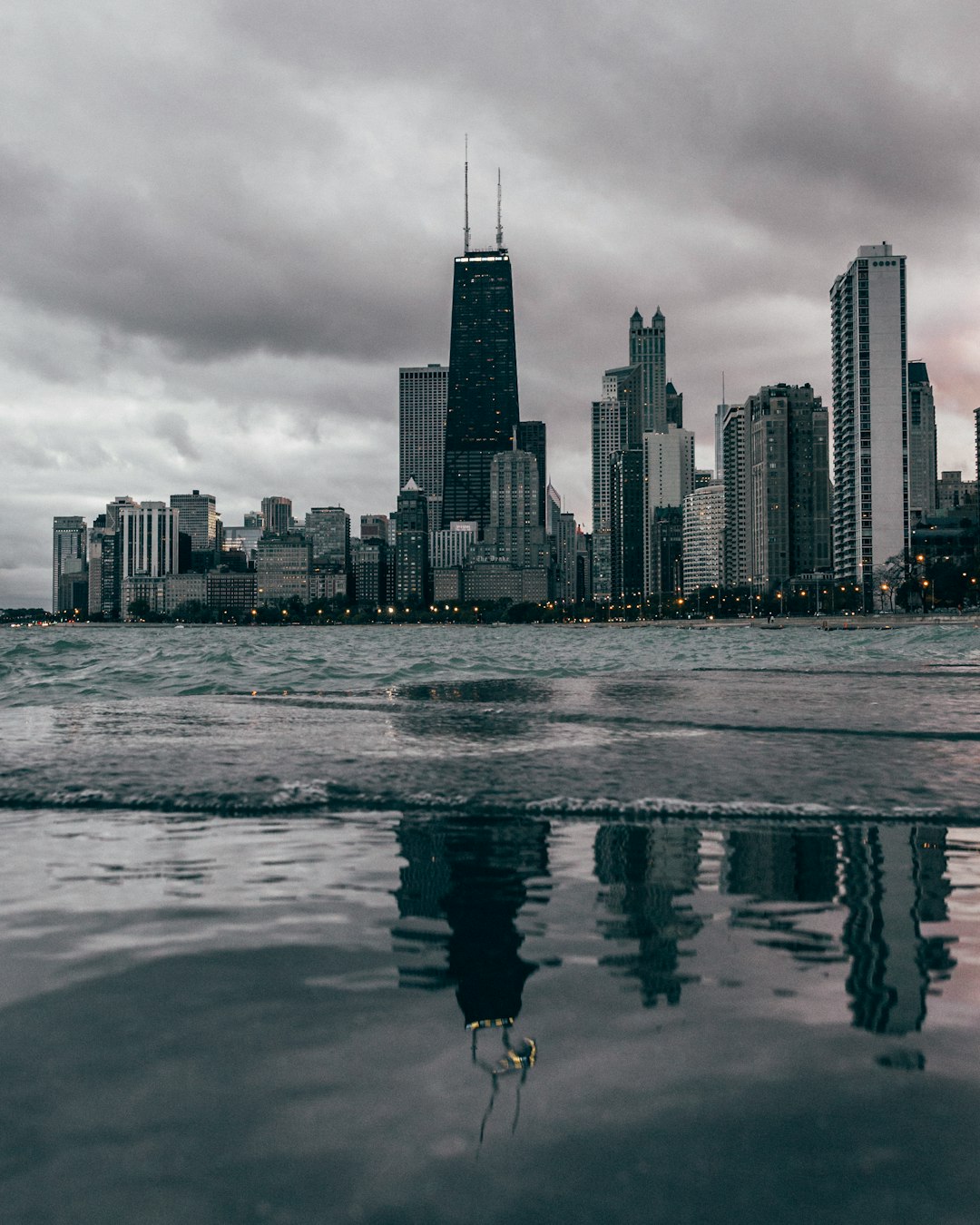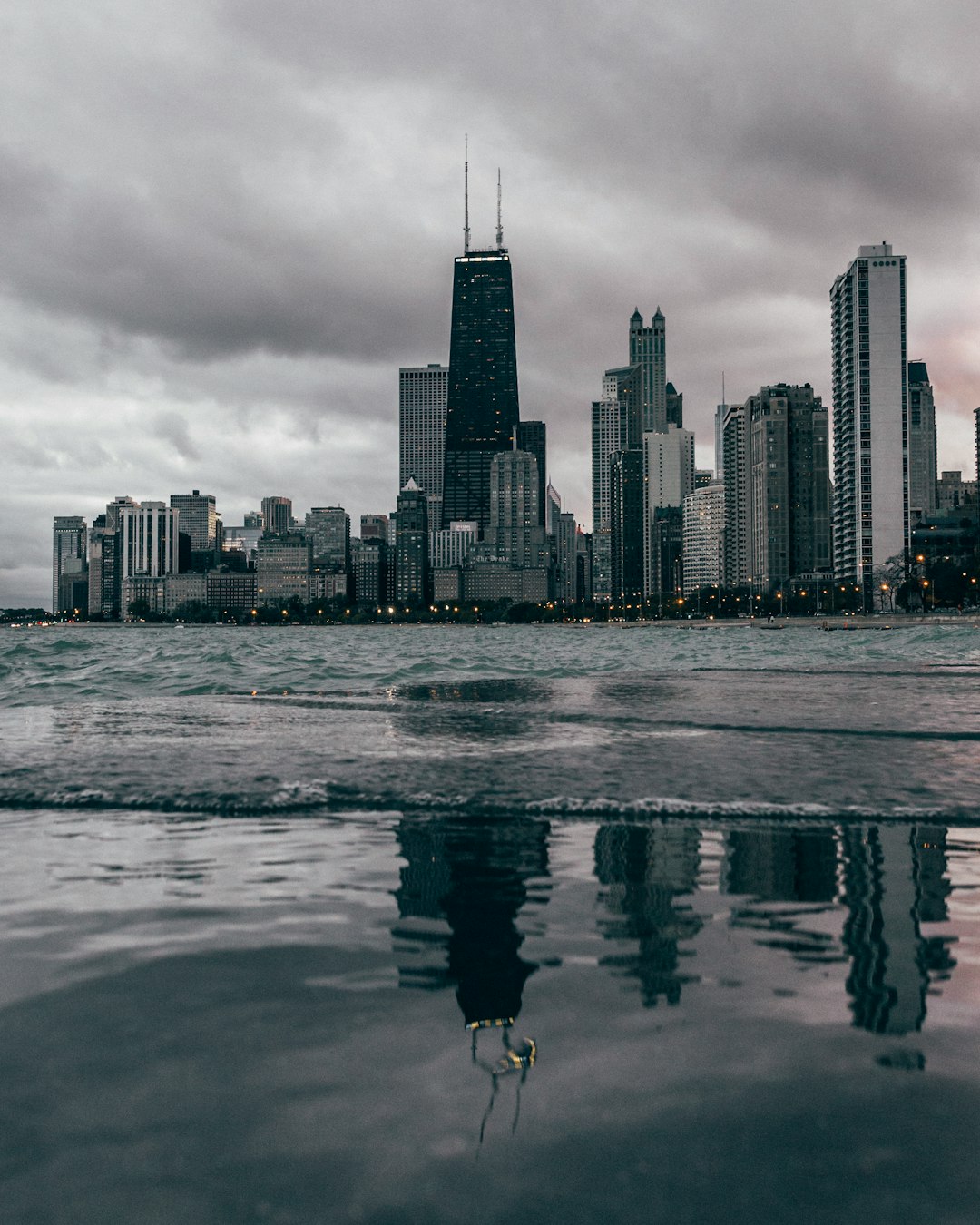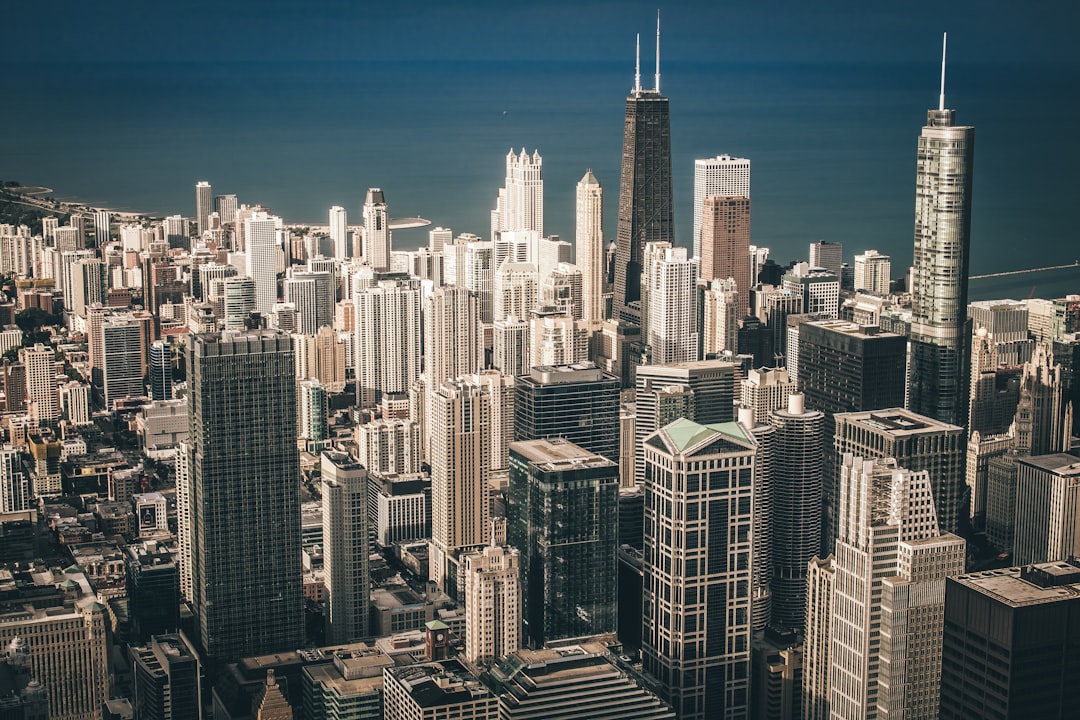Chicago residents can protect themselves from unwanted phone calls by registering on the state-mandated Do Not Call List, which blocks calls from telemarketing firms and sales representatives, including some law firms. Managed by the Illinois Attorney General's Office, this list allows residents to opt-out of unsolicited commercial or legal calls, though it has exceptions for certain businesses and campaigns. By participating, Chicagoans gain control over their communication preferences, reduce privacy intrusions, and bolster their protection against misleading offers from do not call law firms. Additional tools like blocking apps can further enhance privacy. The Do Not Call List has proven effective in safeguarding residents' information and is poised for improvement through technology and legislative updates.
In Chicago, residents now have a powerful tool at their disposal to combat unwanted phone calls—the Do Not Call List. This comprehensive guide explores how this law is protecting Chicagoans from intrusive telemarketing practices. We delve into its mechanisms, revealing how it filters out unwanted calls and ensures peace of mind. Discover the benefits tailored for local residents and understand the exceptions that apply. Additionally, we examine future privacy enhancements inspired by this successful initiative, particularly targeting aggressive do-not-call law firms in Chicago.
Understanding Chicago's Do Not Call Law
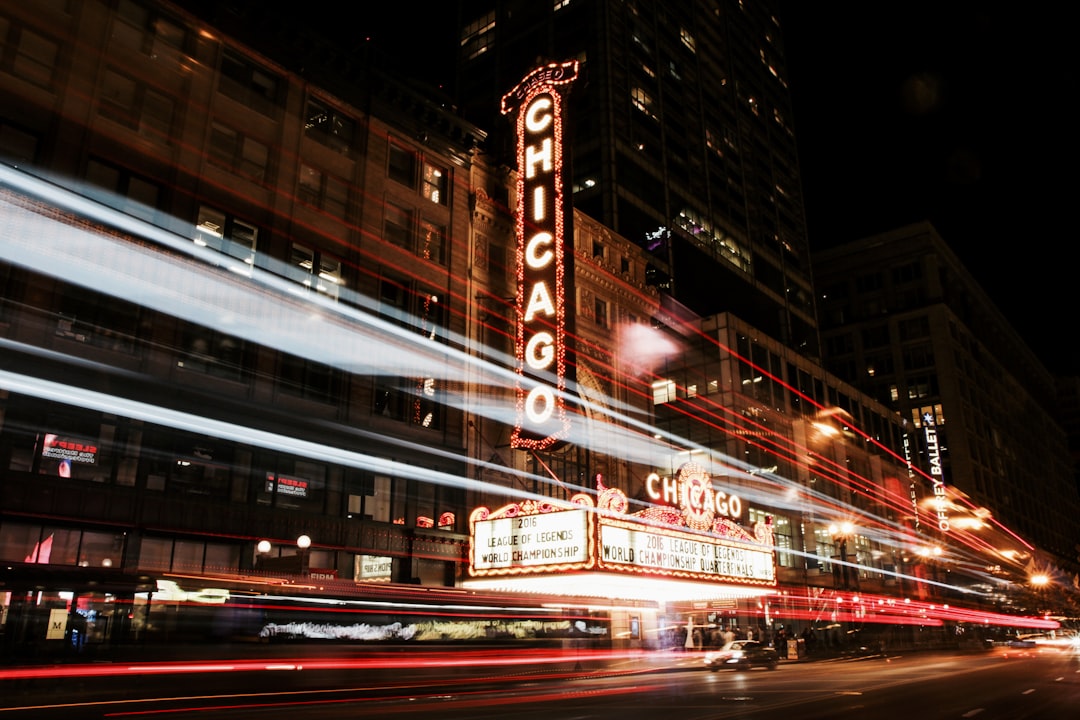
In Chicago, residents have the right to protect themselves from unwanted phone calls with the implementation of a strict Do Not Call Law. This legislation targets telemarketing firms and sales representatives, aiming to curb excessive and intrusive marketing practices. The law allows Chicagoans to register their phone numbers on a state-mandated list, effectively blocking calls from registered do not call law firms and similar entities.
Understanding this law is crucial for Chicago residents looking to minimize disruptive calls. Once registered, it becomes illegal for telemarketers to initiate contact via telephone, though individuals or organizations may still contact residents through mail or email if they have obtained the number before the registration date. This measure offers Chicagoans a respite from unwanted sales pitches and provides them with control over their communication preferences.
How Does the List Work?
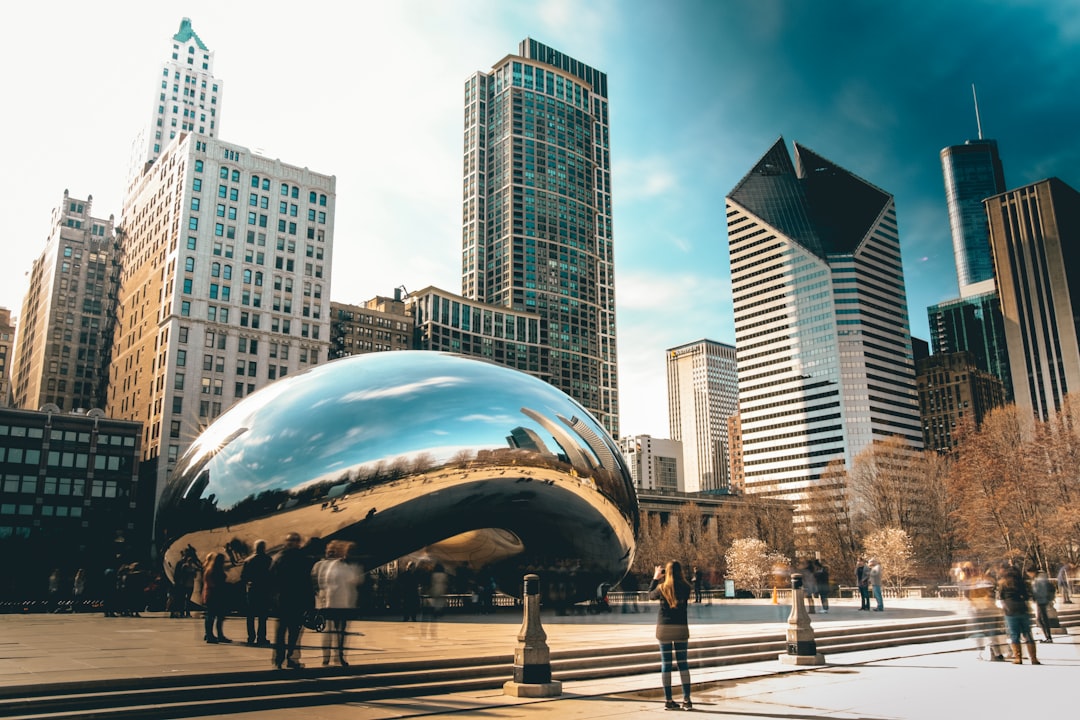
The Do Not Call List is a registry that allows Chicago residents to opt-out of unsolicited phone calls from various entities, including law firms. This list is managed by the Illinois Attorney General’s Office and operates under the state’s Do Not Call Law. When a resident registers their number, it becomes part of a database that telemarketers and lawyers must check before making any outbound calls. The process ensures that eligible Chicagoans don’t receive unwanted commercial or legal calls at home.
The list provides a simple yet effective solution to reduce the influx of intrusive phone marketing. Law firms operating in Chicago are required to obtain explicit consent from clients before contacting them, significantly curbing automatic dialer campaigns and cold calling practices. This mechanism empowers residents to reclaim their personal time and privacy while keeping legal services accessible through more targeted outreach methods.
Benefits for Chicago Residents
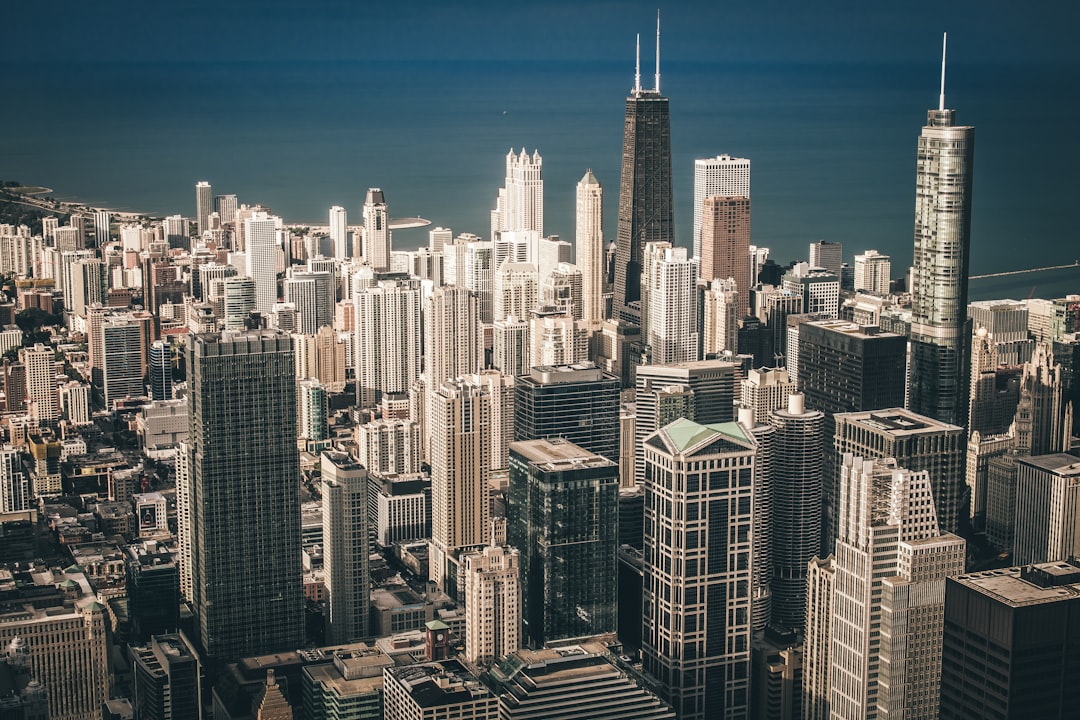
Chicago residents can greatly benefit from the implementation of the Do Not Call list, a powerful tool designed to protect their privacy and reduce unwanted phone solicitations. This law, specifically targeting call centers and telemarketing firms, allows residents to exercise control over their communication choices. By registering their numbers, Chicagoans can expect a significant decrease in phone calls from unknown sources, offering them peace of mind and more control over their daily interactions.
The Do Not Call list is particularly beneficial for those who frequently receive unwanted sales calls, often from law firms seeking new clients. Many reputable law firms in Chicago respect this initiative, ensuring they do not contact registered numbers. This means residents can avoid potentially costly legal services or misleading offers without compromising their privacy.
Exclusions and Limitations
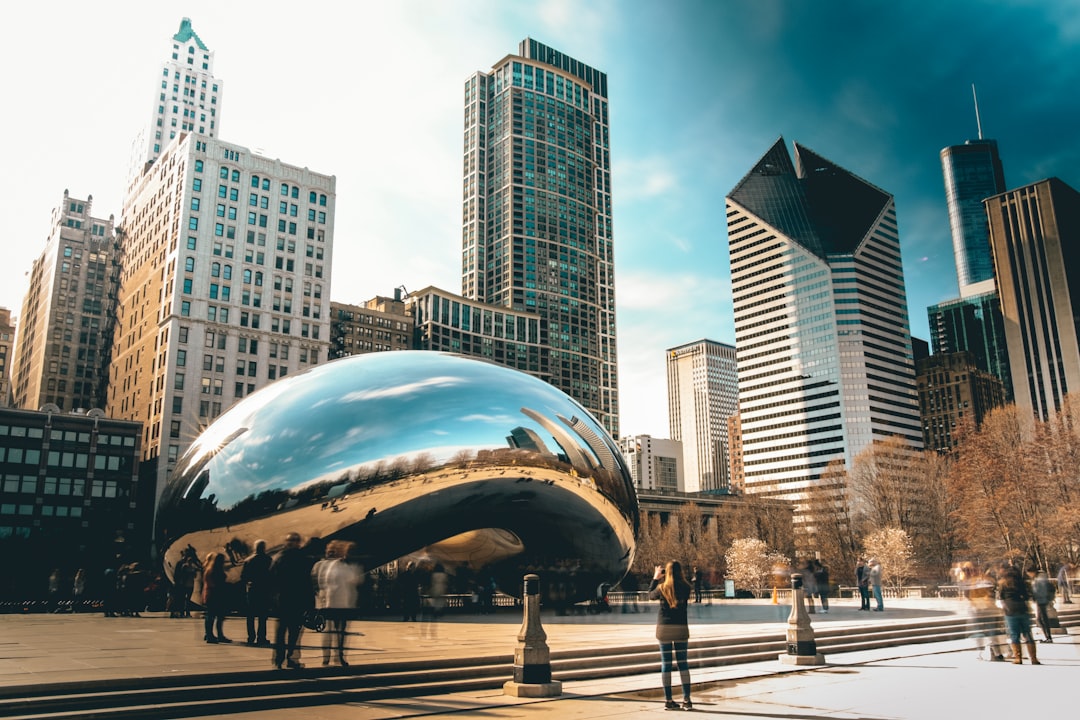
While the Do Not Call List offers significant benefits to Chicago residents, it’s important to recognize certain exclusions and limitations. The list does not apply to telemarketing calls from businesses with which you have an existing relationship, such as financial institutions or health care providers. Additionally, non-profit organizations, political campaigns, and telephone surveyors are exempt from the do-not-call rules.
Moreover, the effectiveness of the list can be hindered by the fact that some phone numbers may not be registered or could belong to individuals who no longer reside in Chicago. There’s also a grace period during which new subscribers must register their numbers before the list takes full effect, allowing unsolicited calls for a temporary period. Furthermore, do-not-call laws only go so far; firms specializing in legal services, particularly those representing debt collectors or mortgage lenders, may still contact you despite your listing. Therefore, Chicago residents should remain vigilant and explore additional tools, like blocking apps, to enhance their privacy protection.
Enhancing Privacy: Future Prospects
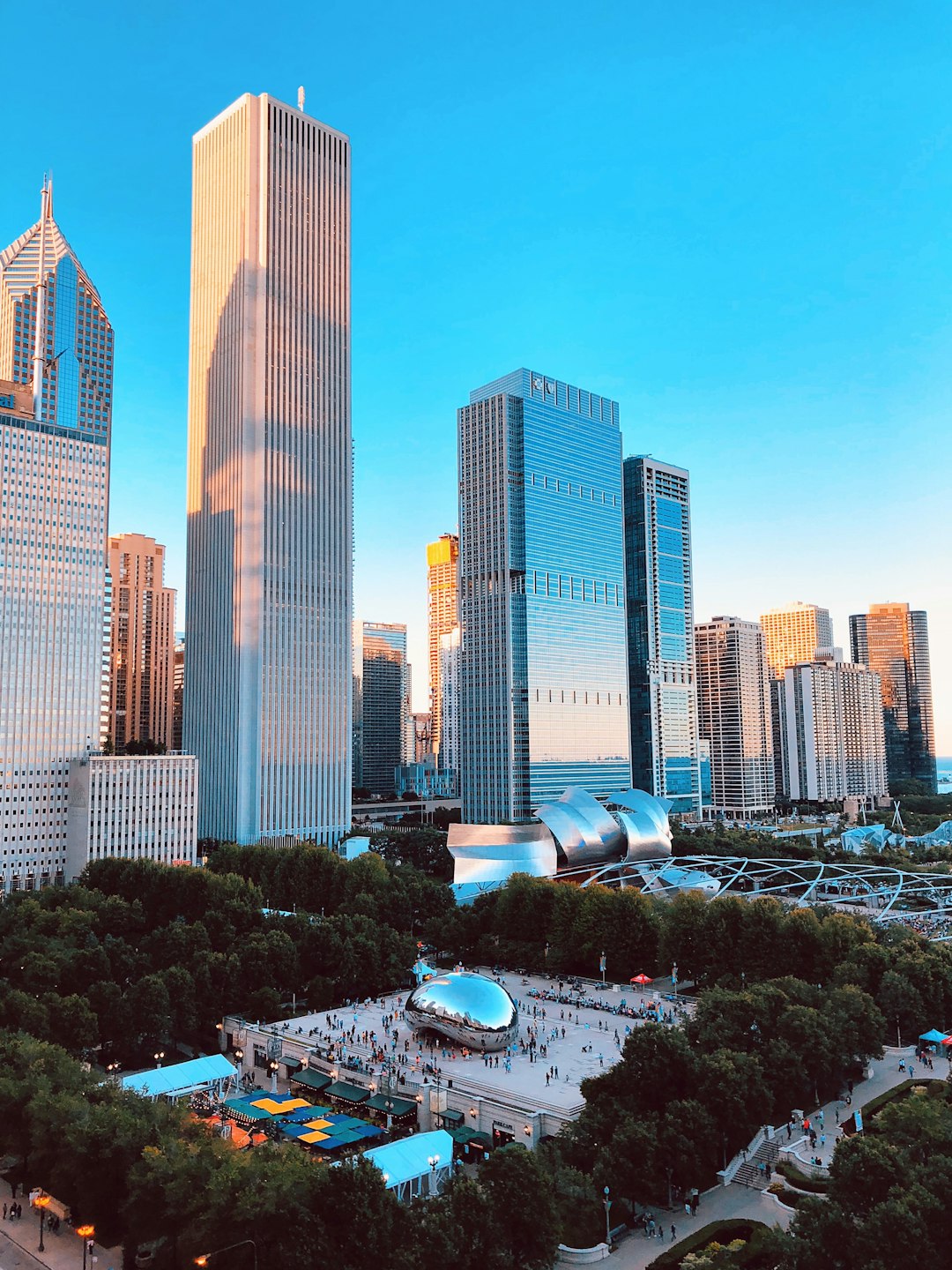
The Do Not Call List in Chicago has been a significant step in enhancing residents’ privacy and curbing unwanted phone solicitations from law firms and other commercial entities. By registering, Chicagoans can enjoy peace of mind, knowing their personal information is protected and they won’t be disturbed by unsolicited calls. This measure not only respects individuals’ rights to control their communication preferences but also empowers them to make informed choices about how they want to engage with various services.
Looking ahead, the future prospects for enhancing privacy through similar initiatives are promising. As technology advances, there’s an opportunity to integrate advanced data protection measures and refine the list based on evolving needs. For instance, incorporating AI-driven systems could help identify and block calls more efficiently, ensuring Chicago residents continue to benefit from a quieter, more private environment. Additionally, keeping pace with legislative changes related to privacy rights will be crucial in maintaining an effective do-not-call registry for law firms in Chicago and beyond.
